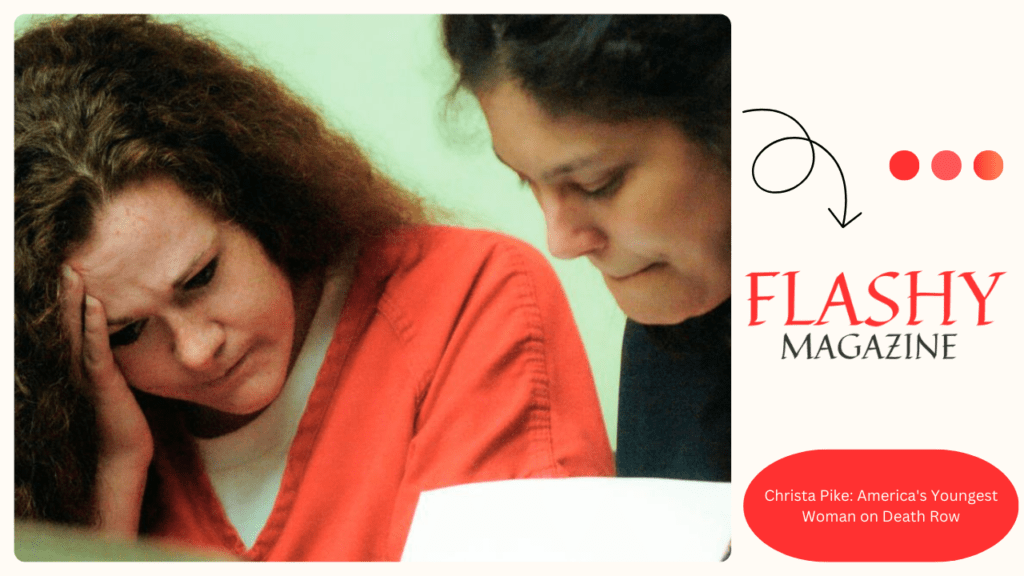Ferdinand Berthier( 1803- 1886) is a crucial figure in the history of deaf education and the wider advocacy of deaf rights. His work as an preceptor, pen and activist left a deep impact on the world, especially in France, where he promoted the issue of deaf individualities throughout his life. Berthier’s heritage extends beyond his benefactions as a schoolteacher; he was also necessary in establishing a foundation for sign language recognition and creating institutions that empower the deaf community.
Early Life and Education
Ferdinand Berthier was born in 1803 in Louhans, a small city in eastern France, and lost his hail as a child due to illness. At a time when openings for deaf individualities were veritably limited, his parents honored the significance of education and enrolled him in the Institut National des Jeunes Sourds de Paris( National Institute for the Deaf and Dumb in Paris), innovated by a notorious deaf preceptor. Charles- Michel de l’Épée. It was then that Berthier’s passion for literacy and tutoring was burned .
Getting a Deaf Educator
Berthier’s education at the Institute played a significant part in shaping his future. He was a active pupil who not only bettered academically but also took a keen interest in helping other deaf people. After completing his studies, he remained as a tutoring adjunct, gradationally developing into a full- fledged educator. His work was not limited to tutoring the class; made it his charge to educate deaf scholars about their rights and the significance of sign language in their lives.
In 1840, Berthier came the first deaf person to admit the title of Chevalier( Knight) of the Legion of Honor, France’s loftiest order of merit, awarded for services to the education and defense of the rights of the deaf. This recognition was not only a particular achievement, but also a symbol of progress for the long- marginalized deaf community.
The Part of Sign Language in Berthier’s Advocacy
One of Berthier’s most significant benefactions was his loyal defense of sign language. During his time, there was considerable debate about the stylish system of educating deaf scholars oralism( which emphasized speech and reading) or manualism( which used sign language). Berthier was a fierce advocate of the ultimate, believing that sign language was an important part of deaf culture and communication. He argued that sign language is not only a tool for education, but also a means of expressing studies and feelings, analogous to spoken languages.
His sweats to save and promote the use of sign language extended beyond the classroom. Berthier was involved in organizing events and publishing works that famed sign language and the deaf community. He contributed to the establishment of periodic gatherings known as” dinners of the deaf and dumb” which began in 1834. These events were not only social occasions but also platforms where the deaf could bandy their gests , challenges and bourns.
Establishing Institutions for the Deaf
Berthier understood that institutional support for the deaf community was demanded to have a continuing impact. He worked lifelessly to lay the root for associations that would empower the deaf. Among his most notable achievements was his part in launching the Société Centrale des Sourds- Muets( Central Society of the Deaf- Muets) in 1838. This association aimed to give collective aid and support to deaf individualities while defending their rights and interests.
The Société Centrale des Sourds- Muets played a crucial part in promoting deaf culture and the use of sign language, offering deaf individualities a sense of community and identity at a time when they were frequently barred from mainstream society. Berthier’s involvement with the Society demonstrated his belief that deaf people should be active actors in shaping their own fortune rather than unresistant donors of charity.
Berthier’s Erudite Benefactions
In addition to his pedagogical and institutional work, Ferdinand Berthier was also a fat pen. He’s the author of multitudinous books, papers and essays on deafness, education and the status of the deaf community. His jottings served as a voice for the deaf, championing the recognition of their rights and the preservation of their language.
His erudite exertion was not limited to advocacy. Berthier was also interested in establishing the history of deaf education, particularly the benefactions of Charles- Michel de l’Épée and Roch- Ambroise Auguste Bébian, two crucial numbers in the development of deaf education in France. In doing so, he assured that the history and struggles of the deaf community would not be forgotten. His jottings handed a frame for unborn generations of deaf lawyers to make upon.
Berthier’s Influence on Deaf Culture and Identity
Ferdinand Berthier’s heritage is intertwined with the rise of deaf culture and recognition of deaf identity. He promoted the idea that deafness is not just a disability, but a unique specific that comes with one’s own language, culture and way of life. This perspective was essential in shifting societal stations towards deaf individualities from one of compassion to one of respect and appreciation.
His sweats in organizing meetings, establishing institutions, and writing considerably about the deaf experience contributed to a growing sense of pride and solidarity among deaf people. Berthier helped lay the root for the conception of deafness, a term latterly chased to describe the positive aspects of deafness and the collaborative gests participated within the deaf community.
Challenges Facing Berthier and the Deaf Community
While Berthier made significant progress, he and the deaf community faced considerable opposition. In the 19th century, the pressure on oralism grew, which tried to prioritize spoken language over sign language in the education of the deaf. Proponents of oralism argued that deaf people should learn to speak and read lips in order to more integrate into hail society. This movement gained instigation, especially after the Milan Conference of 1880, where oralism was declared the favored system of educating the deaf in Europe.
Despite these lapses, Berthier remained married to championing the use of sign language. His work laid the foundation for latterly movements that sought to restore the status of sign language in deaf education and to fete it as a licit language in its own right.
The Continuing Influence of Ferdinand Berthier
Today, Ferdinand Berthier is flashed back as a colonist who fought for deaf rights and the recognition of sign language as an essential element of deaf culture. His heritage lives on in the numerous associations, seminaries and communities that continue to endorse for deaf rights and promote subscribe language around the world.
The institutions he helped set up continue to give pivotal support and advocacy to the deaf community. The periodic gatherings he initiated have evolved into major artistic events that celebrate deaf culture and history. His jottings continue to be a source of alleviation for lawyers of deaf rights and subscribe language preservation.
The Elaboration of Deaf Education After Berthier
After Berthier’s death in 1886, the struggle for recognition of sign language continued. Although oralism dominated deaf education for numerous times, Berthier’s benefactions kept the significance of sign language alive. The alternate half of the 20th century saw a reanimation of sign language, with numerous educational institutions for the deaf espousing bilingual approaches that include both sign language and spoken language.
Berthier’s advocacy laid the root for these ultramodern approaches to deaf education. His belief in the value of sign language as further than a communication tool but as a artistic identity has been verified in recent decades, with sign languages being honored as sanctioned languages in numerous countries.
Conclusion
Ferdinand Berthier’s life was devoted to the betterment of the deaf community, and his sweats continue to impact the world moment. As an preceptor, advocate and pen, he broke down walls and supported the recognition of sign language, helping to produce a sense of pride and identity in the deaf community. His work laid the root for the acceptance and festivity of deaf culture, making him a true colonist in the history of deaf education.
Constantly Asked Questions
- What was Ferdinand Berthier’s main donation to deaf education?
Ferdinand Berthier’s major benefactions include championing the use of sign language in deaf education, launching institutions that supported the deaf community, and promoting deaf culture and identity through his jottings and organizing events.
- Why did Berthier endorse the use of sign language over oralism?
Berthier believed that sign language was an essential part of Deaf culture and identity. He understood it not only as a communication tool, but also as a way for deaf individualities to completely express themselves and share in society.
- What was the impact of the Milan Conference of 1880 on Berthier’s work?
The Milan Conference of 1880 marked a shift towards oralism, which negatively affected the use of sign language in education. Despite this reversal, Berthier’s advocacy sweats helped save the value of sign language and laid the root for its eventual reanimation.
- How did Berthier influence ultramodern deaf education?
Berthier’s work laid the foundation for current approaches that fete the significance of sign language in deaf education. His advocacy of bilingual education, which includes both sign language and spoken language, is now extensively accepted.
- What’s the heritage of Ferdinand Berthier in the environment of deaf culture?
Berthier is considered a colonist who helped establish the foundations of deaf culture and identity. His sweats to promote subscribe language, organize artistic events and advocate for deaf rights have had a continuing impact on the recognition and festivity of deaf culture around the world.








